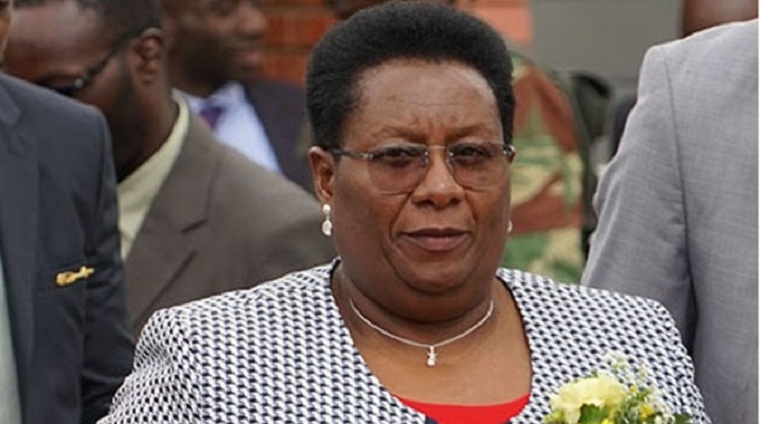 Zimbabwe Anti-Corruption Commission boss Loice Matanda-Moyo says her commission is not a political outfit and does not want to be used in any political fights.
Zimbabwe Anti-Corruption Commission boss Loice Matanda-Moyo says her commission is not a political outfit and does not want to be used in any political fights.
In any interview with the Sunday Mail Matanda-Moyo said they are currently investigating 700 corruption cases 74 of them high-profile ones.
Responding to a question on what ZACC is doing about allegations levelled by Zimbabwe African National Union-Patriotic Front youth league members Lewis Matutu and Godfrey Tsenengamu who named three top business people accusing them of causing havoc in the country, Matanda-Moyo said ZACC was already investigating some of the people but the Youth League members were not the complainants.
“What happened was that only one of the two came to ZACC and made a general report and said that so and so is corrupt,” she said.
“As ZACC, those are not the sort of reports that we expect. There are standards that have to be met. You have to meet basic standards to enable ZACC to open a file.
“Imagine if ZACC was to open a file based on a general allegation that so and so is corrupt, how many files would we have?
“We do not just take opinions, they must be some basis for saying someone is corrupt.
“We are not a political outfit. ZACC is apolitical and we do not want to be used in any political fights. If people have evidence and positive leads, we are their friends.
“But let me categorically state that we have never received any solid complaints regards their cases. What they said was just an allegation without any prima facie evidence.
“So whatever matters we are investigating are not because of them.”
On allegations that ZACC was toothless and was “captured”, Matanda-Moyo said: “There is political will to deal with both high-profile and low-profile matters. With regard to high-profile matters, our laws and rules are such that the accused are allowed to make interlocutory applications.
“Some of these applications have the effect of suspending the main trial. Once that application is made at the High Court, this will stop proceedings before the magistrates’ courts.
“That does not mean that the matter is over, but just that the process is pending and the case becomes longer. However, we are lobbying for changes in the rules of the courts so that even if a person makes an interlocutory application that application will not have a bearing on the matter before the magistrates’ court.
“We want the cases to continue to trial while those applications are going through. In other countries such as Nigeria, for example, the Supreme Court has made those rulings that once you are charged with corruption and you make an application, that application does not have the effect of stopping trial.”
(72 VIEWS)


